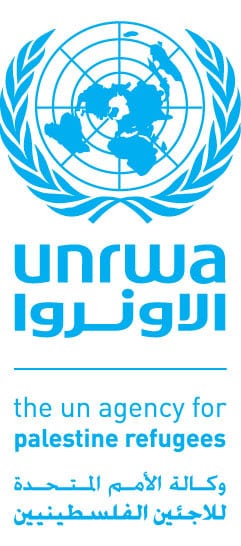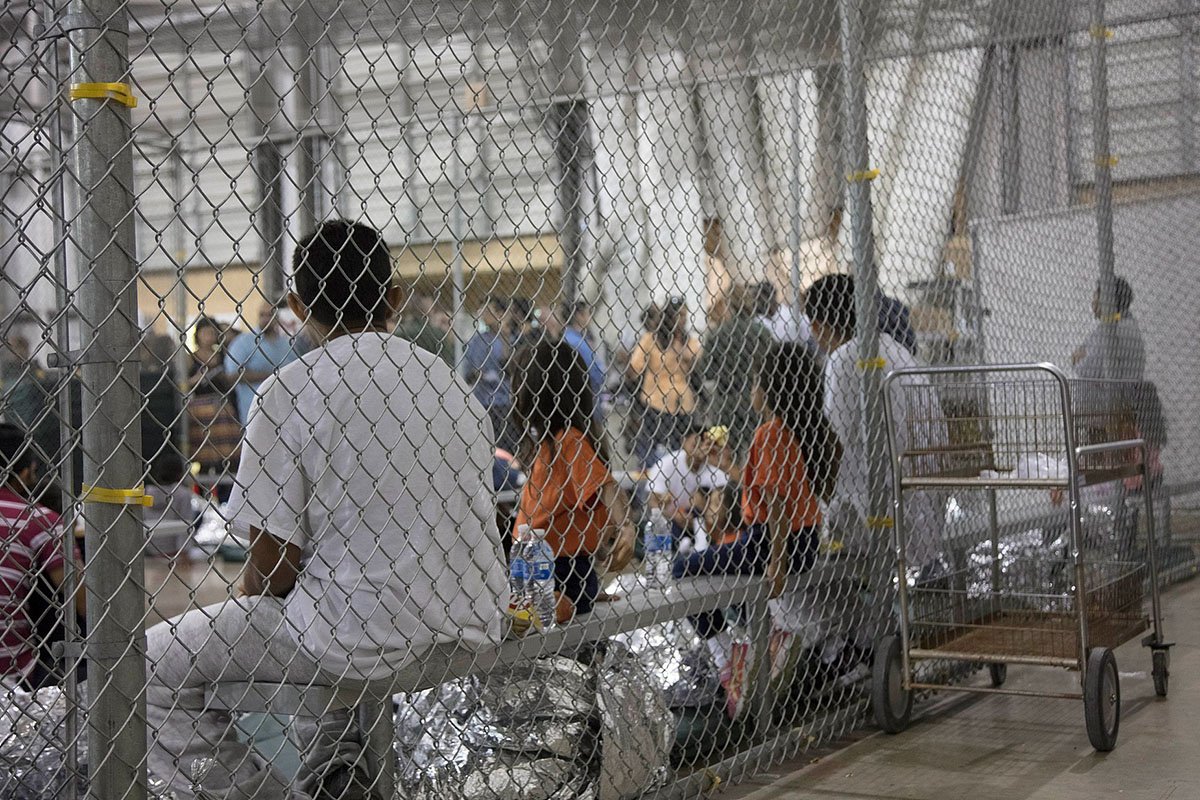
September 1, 2018; Haaretz and Mondoweiss
The US government’s recent announcement that it will no longer fund the United Nations’ Relief Works and Refugee Assistance (UNWRA) organization threatens the health and welfare of more than five million people living in Israel, Palestine, and several neighboring countries. As a result, UNWRA’s work of providing “education, health care, relief and social services, camp infrastructure and improvement, microfinance and emergency assistance” now faces a serious financial shortfall.
The UN formed UNWRA in 1949 to meet the needs of the 700,000 refugees left homeless when a ceasefire ended the war between Israel and its Arab neighbors. To this day, no final status for this dispute has been reached. Whether refugees have the right to return to their pre-1948 homes remains intractable. Those who fled to Jordan, Lebanon, or other Arab countries were not given a path to citizenship or permanent resident status in their new homes and remain stateless. Those living in territory captured by Israel in 1967 remain unrooted as well. Generation by generation, the numbers affected have grown, and the role played by UNWRA has remained critical.
The US has traditionally provided about 50 percent of the organization’s annual budget, contributing $370 million in 2017. Earlier this year, the Trump administration announced it would only provide $60 million while it reviewed its plans for future support. On Friday, Heather Nauert, chief US State Department spokeswoman, issued a statement, declaring:
The fundamental business model and fiscal practices that have marked UNRWA for years—tied to UNRWA’s endlessly and exponentially expanding community of entitled beneficiaries—is simply unsustainable and has been in crisis mode for many years. The United States will no longer commit further funding to this irredeemably flawed operation.
On a geopolitical level, this act appears to be an effort to remove a stumbling block to a lasting peace agreement, at least from the US/Israeli perspective. Israel’s leadership has firmly rejected the idea that refugees are entitled to their old homes or a place within the state of Israel. Now appearing to side squarely with Israel, the US seeks to minimize the problem by redefining refugee status for Palestinians, substantially reducing their number and thereby pressuring Jordan and other neighboring countries to offer paths to a permanent status for those no longer considered refugees.
Israeli Prime Minister Benyamin Netanyahu, as reported by Haaretz, says, “The US did a very important thing, by cutting funding to an agency that immortalizes [sic] refugees…it is finally starting to solve the problem. [It] is necessary to abolish the refugee institution, to take the funds and really help rehabilitate the refugees, whose true number is a fraction of the number reported by UNRWA.”
On Saturday, Hanan Ashrawi, a member of the PLO’s Executive Committee, released a statement rejecting the US rationale:
Sign up for our free newsletters
Subscribe to NPQ's newsletters to have our top stories delivered directly to your inbox.
By signing up, you agree to our privacy policy and terms of use, and to receive messages from NPQ and our partners.
These are refugees as defined by international law. They have to be taken care of. It is the international community that is responsible that has set up UNRWA and that was trying to at least maintain some semblance of decent living for these refugees until there is a just solution, an agree solution. You cannot resolve the issue unilaterally by targeting the victims and punishing them even more.
While the defunding action seems unlikely to end the refugee dispute, the immediate impact threatens the human service work of UNWRA and the lives of those who depend on it. The school year for more than half a million children is now threatened, as are medical services for more than three million patients. Thousands of refugees who work for UNWRA now have their jobs on the line. Other nonprofit organizations that partner with UNWRA are also facing the negative impact of the loss of US support.
In a refugee camp just outside Bethlehem, a resident told Mondoweiss of the fear about what will happen next:
We first started noticing the problems with UNRWA around two years ago. First, they started reducing the food assistance programs, then, they started reducing the number of agency jobs that they gave to people in the camps. Then we noticed it in the clinics. They wouldn’t have the medicines we needed, or wouldn’t cover us for procedures and medicines that they used to. And now, the next thing that’s going to get cut is the schools.
UNWRA leadership is scrambling to replace US support and will seek increased support when the UN General Assembly convenes this fall. UNWRA’s Commissioner-General declared in an open letter a sense of confidence these efforts will succeed.
At the outset, I wish to convey—with confidence and steadfast determination—to Palestine refugees in the West Bank, including East Jerusalem, in Gaza, Jordan, Lebanon and Syria, that our operations will continue, and our Agency prevail. At the heart of our mission lie the dignity and rights of a very anguished and profoundly unsettled community. The funding decision of an individual member state—albeit our historically most generous and consistent donor—will not modify or impact the energy and passion with which we approach our role and responsibility towards Palestine refugees. It will only strengthen our resolve.
Neither the new US strategy, nor UNWRA’s effort to generate new funding sources is, guaranteed to work. What is clear is that millions of men, women, and children will be hurt. This seems all too often to be the result when large-scale policy debates push aside the day-to-day, on-the-ground work of service providers.—Martin Levine











